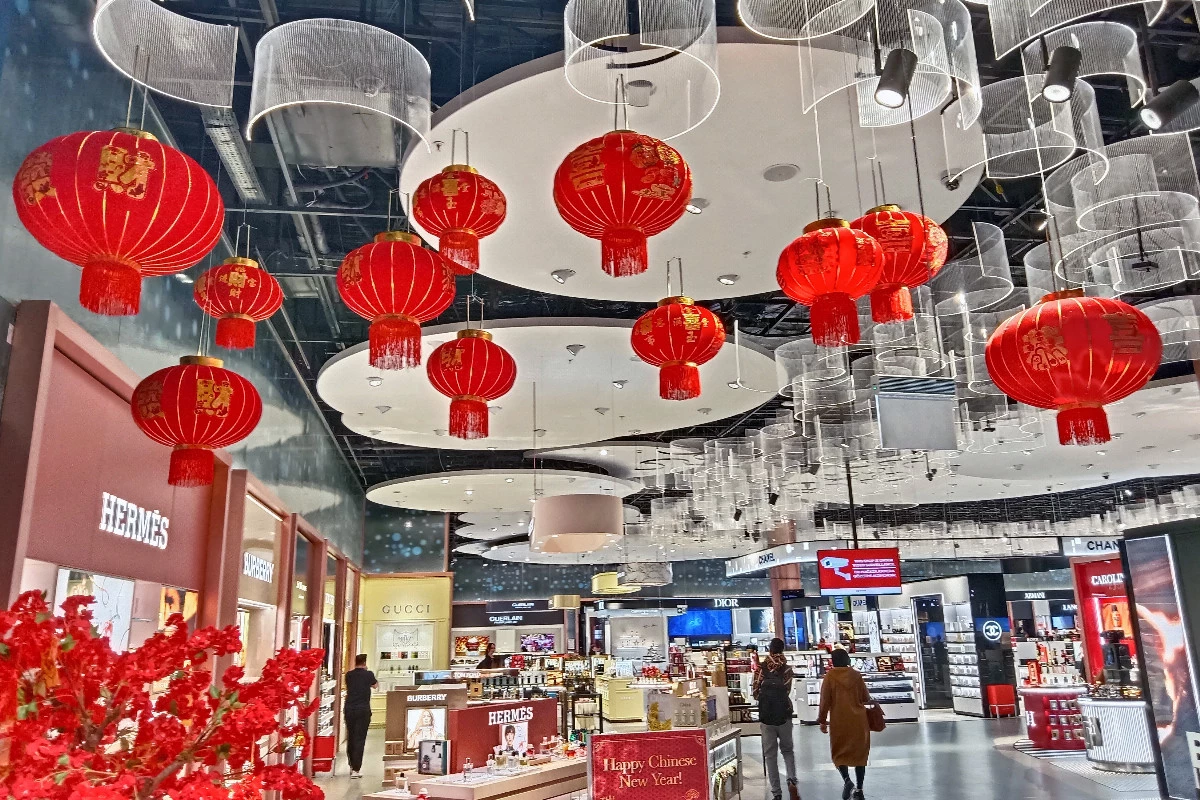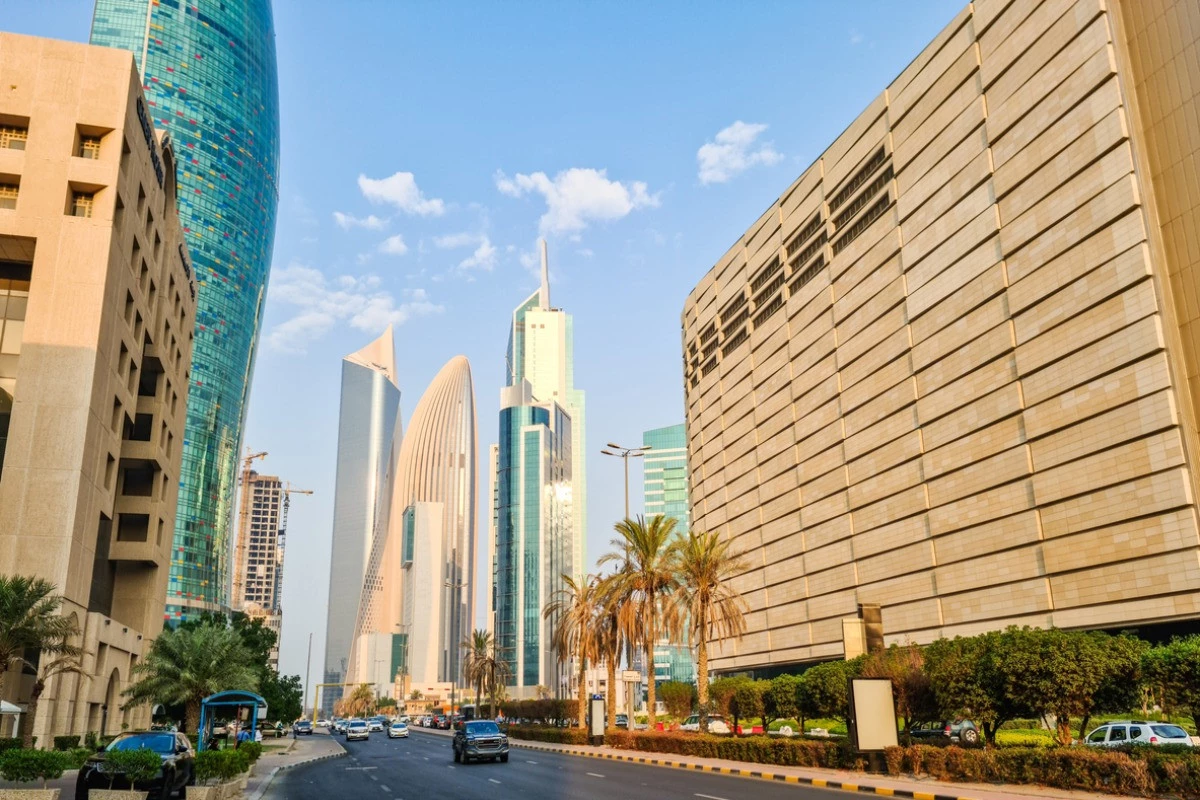
Istanbul, the country's largest city as well as its cultural and financial center, is the number one place attracts Chinese tourists, he said.
The city tours organized for Chinese guests particularly cover the historic Sultanahmet peninsula, home to numerous palaces and buildings from the Byzantine and Ottoman eras, and ferry trips along the Bosphorus Strait to see the historical mansions on its banks, he said.
Nalan Yesilyurt, the owner of Demco, a tourism and travel company, said that Cappadocia in central Anatolia, known for its fairy chimneys and unique landscape, is another place of interest for Chinese people.
"Pamukkale, known as the Cotton Castle in the southwestern province of Denizli, the archaeological site of Ephesus in western Izmir, are also usually filled with Chinese tourists during the Spring Festival," Yesilyurt told Xinhua.
According to Yesilyurt, a new generation of Chinese travelers is becoming increasingly visible in the luxury travel market, favoring boutique excursions into local communities, culinary tours, and more comfort factors such as high standards of accommodation.
"They are not satisfied with just sightseeing these places but want to experience the special features of these regions," she said, noting that the trend has led Turkish tourism companies to act in line with their changing travel habits.
Hamit Kuk, chief adviser to the president of the Turkish Travel Agencies Association, said the Turkish tourism authorities have been working hard to attract more Chinese tourists, who are among the industry's top welcomed patrons.
"We expect at least one million tourists from China in the next few years, and we hold regular meetings with Chinese officials, introducing them the places and special tours that might be of interest to Chinese tourists and conducting promotional activities accordingly," Kuk said in a recent interview with Xinhua.
Kuk added that Turkey hosted approximately 248,000 Chinese tourists in 2023 and expects exponential growth in the coming years.
Revenue from tourism in Türkiye increased by 17 percent year-on-year to 54.3 billion U.S. dollars in 2023, and the number of visitors rose by 10 percent to 56.7 million.

Walking down the corniche I hear the birds chirping, dhows cruising and locals passing by. There’s some tranquility in the air that is unlikely to be found in the always busy Dubai. In front of me the Kuwait towers, where the upper sphere turns full circle every 30 minutes. Gives me vintage vibes, given it was built in 1979.

Russian soprano Anna Netrebko will perform the role of Lady Macbeth on 6 and 8 June at the Hungarian State Opera.